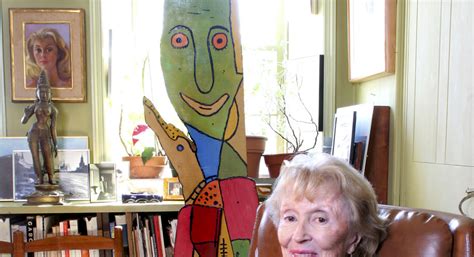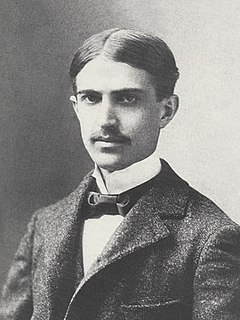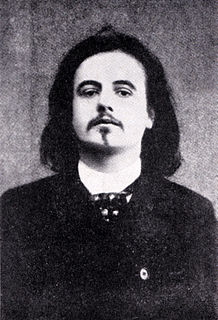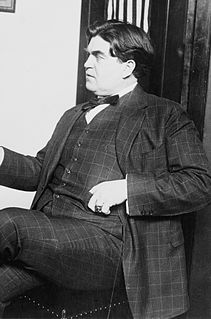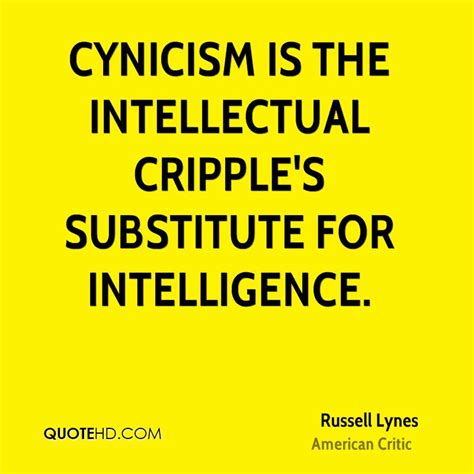A Quote by Francine du Plessix Gray
The spiritual destiny of Hawaii has been shaped by a Calvinist theory of paternalism enacted by the descendants of the missionaries who had carried it there: a will to do good for unfortunates regardless of what the unfortunates thought about it.
Quote Topics
Related Quotes
It has been said that a country’s greatness can be measured by what it does for its unfortunates. By that criterion Canada certainly does not stand in the forefront of the nations of the world although there are signs that we are becoming conscious of our deficiencies and are determined to atone for lost time.
It is often said that in prosperity we have many friends, but that we are usually neglected when things go badly. I disagree. Not only do malicious people flock about us in order to witness our ruin, but other unfortunates as well, who have been kept away by our happiness, and now feel close to us on account of our troubles.
There are such people, unfortunates who have to be angry before they can feel alive. I had sometimes wondered if it were some old relic of pagan superstition, the fear of risking the jealousy and anger of the gods, that made such people afraid of even small happinesses. Or perhaps it was only that tragedy is more self-important than laughter.
There are those... who enter the world in such poverty that they are deprived of both the means and the motivation to improve their lot. Unless these unfortunates can be touched with the spark which ignites the spirit of individual enterprise and determination, they will only sink back into renewed apathy, degradation and despair. It is for us, who are more fortunate, to provide that spark.
There are airmen and there are pilots: the first being part bird whose view from aloft is normal and comfortable, a creature whose brain and muscles frequently originate movements which suggest flight; and then there are pilots who regardless of their airborne time remain earth-loving bipeds forever. When these latter unfortunates, because of one urge or another, actually make an ascension, they neither anticipate nor relish the event and they drive their machines with the same graceless labor they inflict upon the family vehicle.
